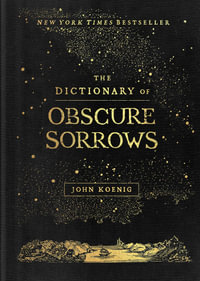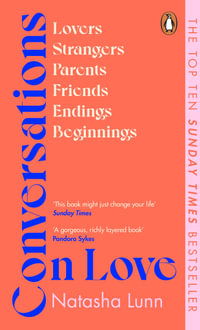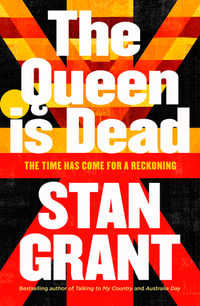Recent flashpoints in Black-Jewish relations--Louis Farrakhan's Million Man March, the violence in Crown Heights, Leonard Jeffries' polemical speeches, the O.J. Simpson verdict, and the contentious responses to these events--suggest just how wide the gap has become in the fragile coalition that was formed during the Civil Rights movement of the 1960s. Instead of critical dialogue and respectful exchange, we have witnessed battles that too often consist of vulgar name-calling and self-righteous finger-pointing. Absent from these exchanges are two vitally important and potentially healing elements: Comprehension of the actual history between Blacks and Jews, and level-headed discussion of the many issues that currently divide the two groups.
In Struggles in the Promised Land, editors Jack Salzman and Cornel West bring together twenty-one illuminating essays that fill precisely this absence. As Salzman makes clear in his introduction, the purpose of this collection is not to offer quick fixes to the present crisis but to provide a clarifying historical framework from which lasting solutions may emerge. Where historical knowledge is lacking, rhetoric comes rushing in, and Salzman asserts that the true history of Black-Jewish relations remains largely untold. To communicate that history, the essays gathered here move from the common demonization of Blacks and Jews in the Middle Ages; to an accurate assessment of Jewish involvement of the slave trade; to the confluence of Black migration from the South and Jewish immigration from Europe into Northern cities between 1880 and 1935; to the meaningful alliance forged during the Civil Rights movement and the conflicts over Black Power and the struggle in the Middle East that effectively ended that alliance. The essays also provide reasoned discussion of such volatile issues as affirmative action, Zionism, Blacks and Jews in the American Left, educational relations between the two groups, and the real and perceived roles Hollywood has play in the current tensions. The book concludes with personal pieces by Patricia Williams, Letty Cottin Pogrebin, Michael Walzer, and Cornel West, who argues that the need to promote Black-Jewish alliances is, above all, a "moral endeavor that exemplifies ways in which the most hated group in European history and the most hated group in U.S. history can coalesce in the name of precious democratic ideals."
At a time when accusations come more readily than careful consideration, Struggles in the Promised Land offers a much-needed voice of reason and historical understanding. Distinguished by the caliber of its contributors, the inclusiveness of its focus, and the thoughtfulness of its writing, Salzman and West's book lays the groundwork for future discussions and will be essential reading for anyone interested in contemporary American culture and race relations.
Industry Reviews
"Struggles in the Promised Land replaces dogmatism with dialogue, using history to discern what actually happened, thus paving the way for informed analysis and lasting solutions."--Black Employment Review
"The carefully researched and unsentimental essays in Struggles in the Promised Land are as concerned with differences as shared experiences, and try to provide an alternative model of the changing fortunes of the relations between Blacks and Jews."--Peter Eisenstadt, The Jewish Ledger
"A provocative, meaningful, and necessary presentation."--Booklist
"This newly-published collection of essays on Black-Jewish relations provides a perspective on the past and at least a glimpse of the future."--Jewish Book World
"Unique and extremely useful...[E]xplores in depth and from different perspectives (both black and Jewish) events, issues, and debates when Jews and blacks did, indeed, either come together or oppose one another, whether or not their interaction can be said to constitute anything approaching an alliance or even an on-going relationship."--History and Social Sciences
























